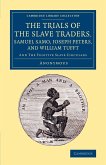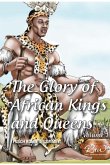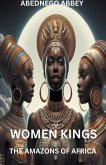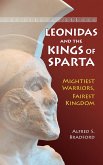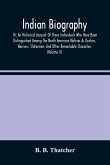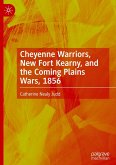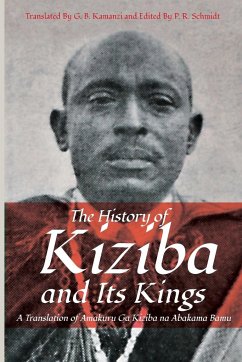There is an adage that the Igbo have no kings. Farmers, Traders, Warriors, and Kings focuses on an area in Igboland where, contrary to this popular belief, Igbos not only have kings, but female kings. It is an area where women served as warriors and even married many wives. Women in Nsukka Division feature as prominent actors in a complex and diverse set of interactions, relationships, and manifestations unmatched elsewhere in Igboland. Thus, the author argues that researchers cannot adequately analyze the political landscape of Nsukka Division (or any other African society, for that matter) without investigating the central place of women and the female principle in the political world of the society. The author examines the political economic and religious structures that allowed women and the female principle to achieve measures of power and determines some of the ways they reacted and adjusted to the challenges of European rule. Such an investigation into the history of this gender dynamic yields important results for both African History and Women's Studies. Achebe explores the politics of gender and the evolution of female power over the first six decades of the 20th century. The time period, approximately 1900-1960, is important because it allows for the exploration of continuity and change in Nuskka women's activities, as well as the female principle, over three periods-late precolonial, colonial, and postcolonial Nigeria. She raises and answers questions relating to scholarship on women, sex, and gender in Africa by uncovering the complexities of the Igbo gender construct. The study argues that sex and gender did not coincide in northern Igboland. Consequently, women were able to occupy positions that in other societies were exclusively monopolized by men, and men, those otherwise monopolized by women. Expanding on this premise, the author calls for a revision of traditional classifications of African women's activities that are defined strictly along sex lines. It reshapes conventional global frameworks by offering new theories that have the capacity to recognize African concepts such as female kings, female fathers, female sons, female husbands, female warriors, female warrant chiefs, and male priestesses.
Hinweis: Dieser Artikel kann nur an eine deutsche Lieferadresse ausgeliefert werden.
Hinweis: Dieser Artikel kann nur an eine deutsche Lieferadresse ausgeliefert werden.


